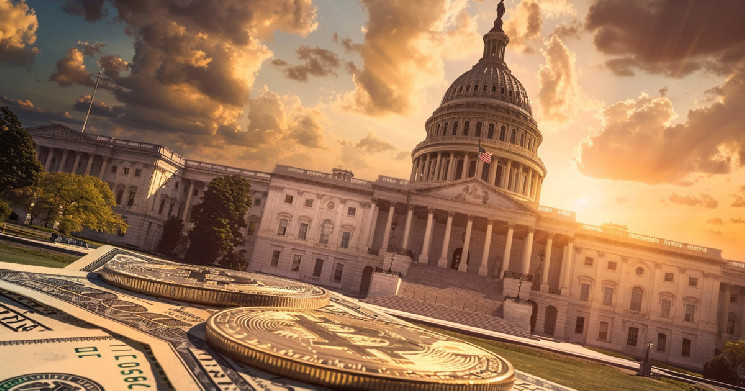Rep. French Hill (R-Ark.), a leading advocate for crypto regulation, has been appointed chair of the House Financial Services Committee, positioning him at the forefront of legislative efforts to shape the future of digital assets in the US.
Hill, who currently chairs the Subcommittee on Digital Assets, Financial Technology, and Inclusion, is known for his deep understanding of the crypto industry’s technical and business aspects.
His selection by House Republican leaders highlights the GOP’s commitment to advancing market structure reforms and stablecoin legislation in the next congressional session beginning Jan. 3.
Focus on crypto legislation
The Financial Services Committee oversees the US Securities and Exchange Commission (SEC) and collaborates with other Congressional panels to regulate financial markets, including the rapidly evolving crypto sector.
Hill’s leadership is expected to bring renewed attention to legislation that could clarify whether digital assets are treated as securities or commodities and establish reserve requirements for stablecoins.
Hill co-authored the Financial Innovation and Technology for the 21st Century Act (FIT21), a bipartisan market structure bill that passed the House but stalled in the Senate earlier this year. His track record includes bipartisan efforts to address stablecoin regulation, an area where Republicans and Democrats came close to a compromise in 2024.
Hill’s expertise and connections to industry groups, executives, and lobbyists have made him a standout figure in Congress on crypto issues. During a July interview on the Unchained podcast, he committed to prioritizing both market structure and stablecoin legislation as the first bills under his leadership.
Bipartisan strategy
Hill has also pledged to investigate what critics have called “Operation Choke Point 2.0,” an alleged effort by regulators to limit the crypto industry’s access to banking services.
His leadership on these issues is seen as a significant advantage for crypto policy advocates, many of whom view Hill as a more effective bridge-builder than his rivals in the race for the chairmanship.
Republicans, who expanded their majorities in both the House and Senate in the November elections, are expected to push for lighter-touch regulations. However, passing comprehensive crypto legislation will still require bipartisan support in the Senate, where at least six Democratic votes are necessary.
Hill’s ability to work across the aisle played a key role in his appointment over other contenders, including Rep. Andy Barr (R-Ky.), a close ally of House leadership. Hill’s collaborative approach has bolstered confidence among lawmakers and industry stakeholders that meaningful crypto legislation could gain traction in 2025.
 cryptoslate.com
cryptoslate.com
